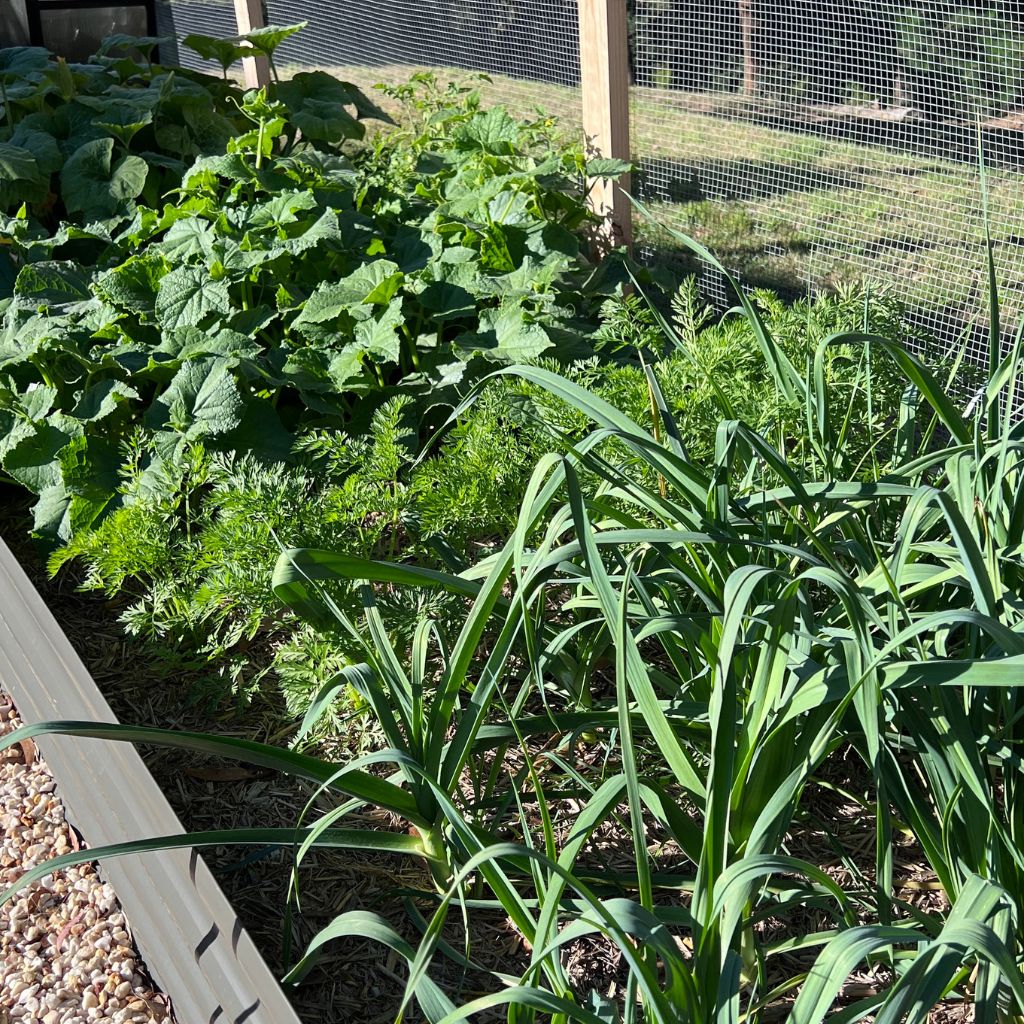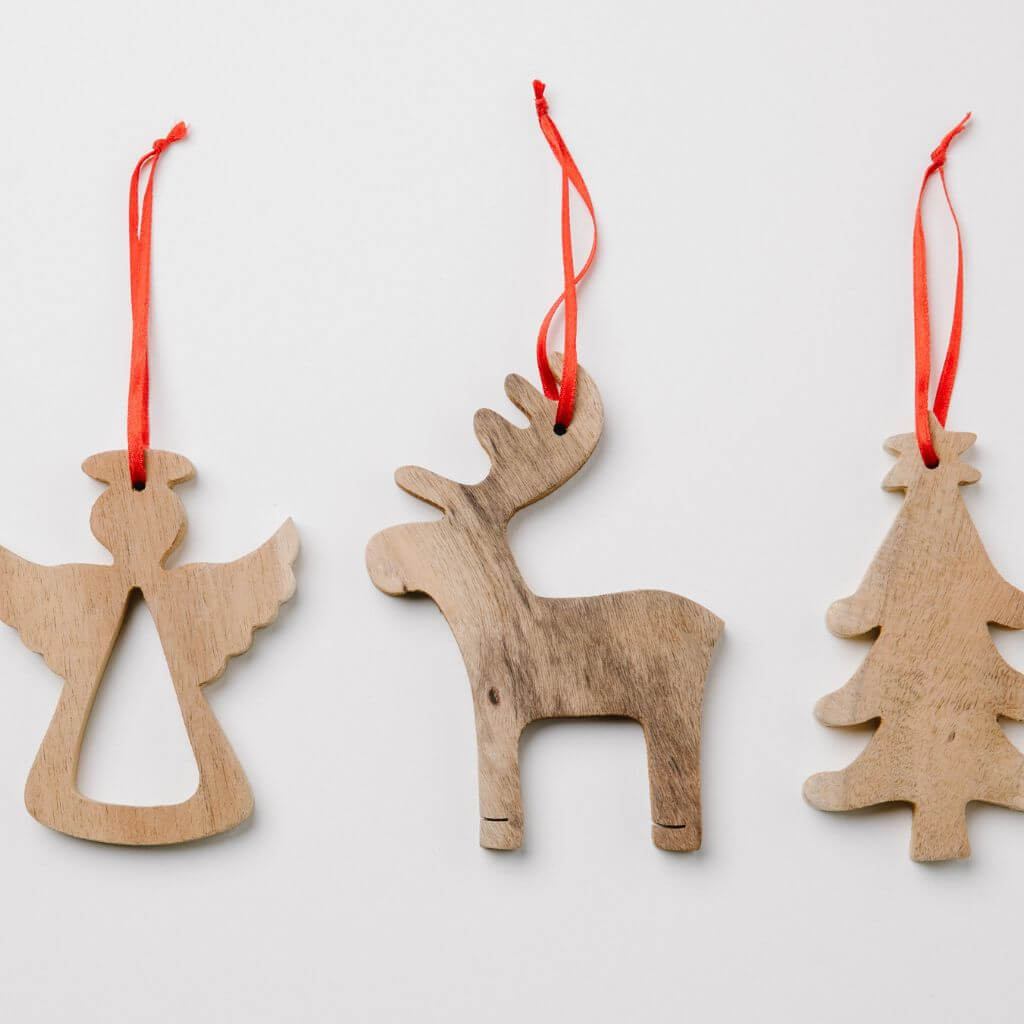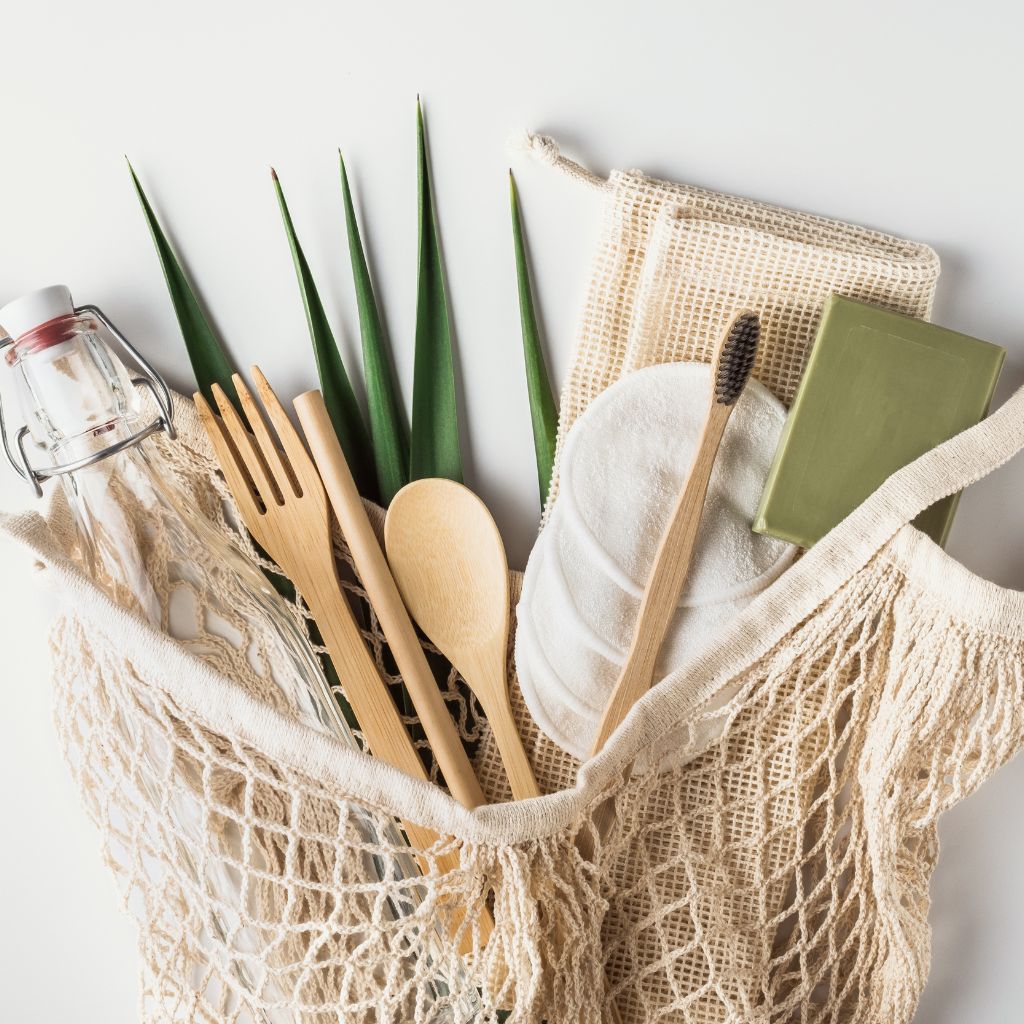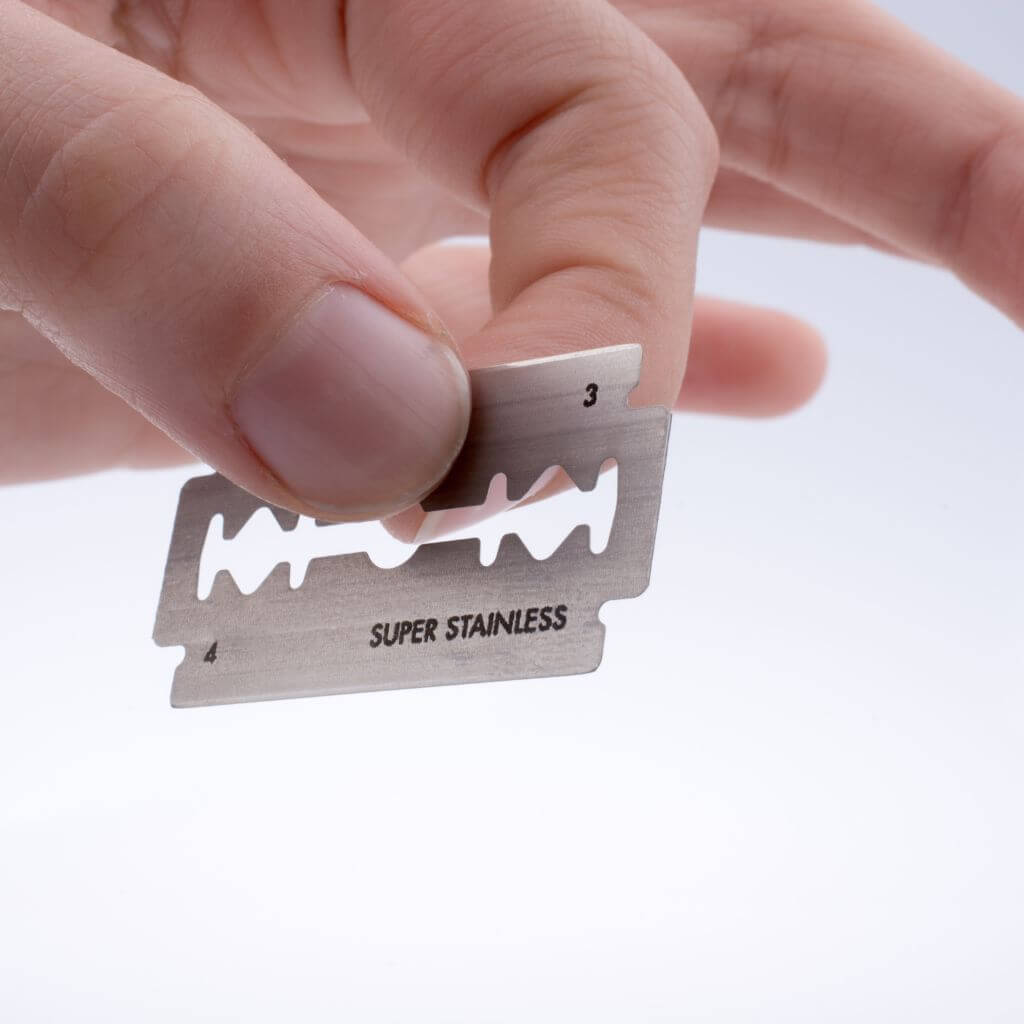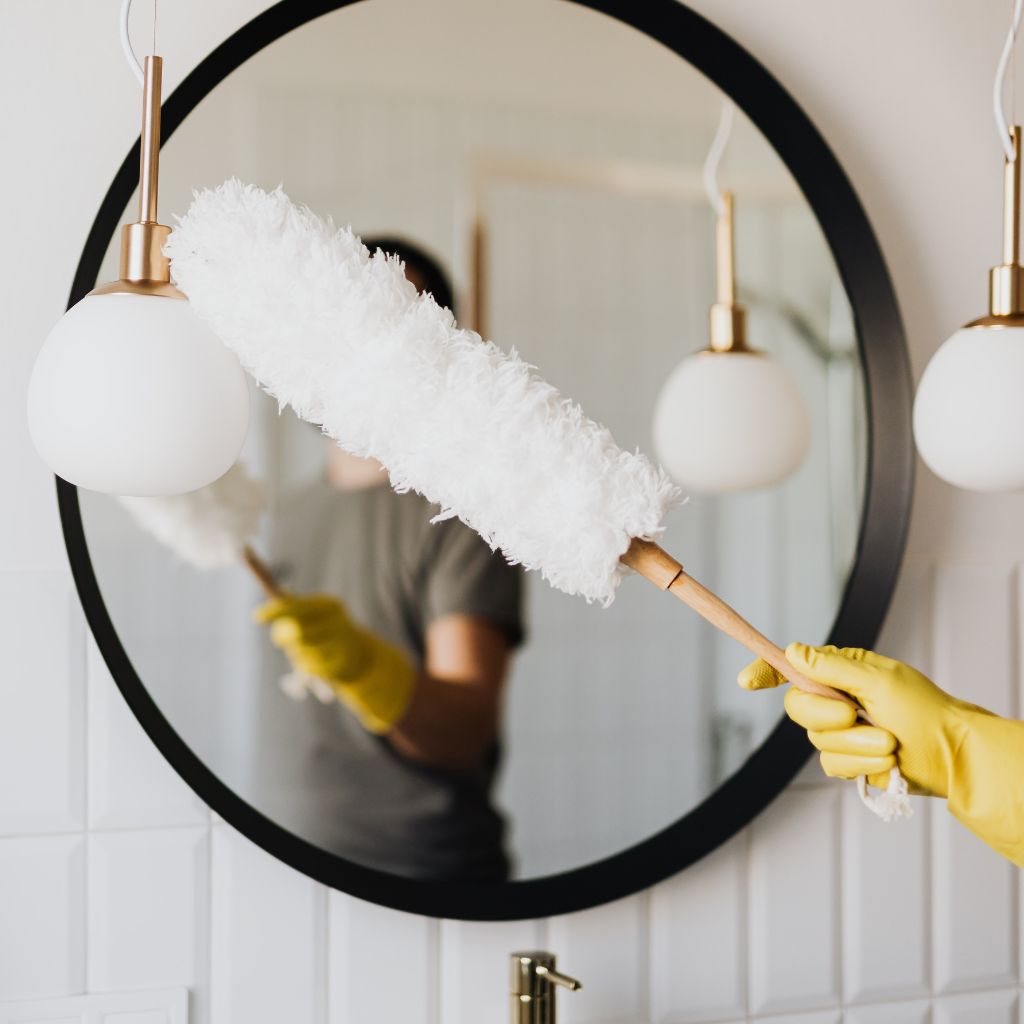
Plastic waste is a massive problem. Studies estimate that 91% of plastic is not recycled and ends up in landfills or the environment. A staggering 8 million tons of plastic enter our oceans each year. But we can make a difference through small, sustainable changes in our daily lives. One way is by reusing and upcycling plastic containers for DIY cleaning products instead of tossing them out. This simple act keeps plastic out of landfills and saves money on store-bought cleaners. Read on to learn foolproof recipes for effective, eco-friendly cleaning products you can make using old containers in your home.
The Problem with Plastic
Plastic never truly breaks down. Instead, it photodegrades, meaning it slowly breaks into tiny pieces over hundreds of years. These microplastics make their way into waterways and food chains, where they accumulate in fish, birds, and even humans. Chemicals leached from plastic can also disrupt hormones and cause other health issues. Recycling helps divert waste but isn't the total solution. The key is reducing single-use plastics and reusing what we already have.
Benefits of DIY Cleaners
Making your own cleaners from natural ingredients is not only good for the planet but your family's health. Store-bought cleaners often contain harsh chemicals like ammonia, chlorine, and formaldehyde that can cause breathing issues, itchy eyes, headaches, and more. DIY cleaners made from vinegar, baking soda, essential oils, and other common household ingredients get the job done without nasty side effects. Plus, you control exactly what goes into each product. DIY cleaners are also highly customizable. Add your favorite essential oil for scent or make a scrubbing solution for extra tough messes. Reusing old containers means zero waste and major savings.
Tips for Upcycling containers
Almost any plastic container can be upcycled into DIY cleaning products. Here are some dos and don'ts when choosing containers:
- DO use sturdy, leak-proof containers - soap dispenser bottles, shampoo/lotion pumps, and flip-top or screw-top food jars all work great.
- DON'T use containers that held toxic chemicals - bleach, oven cleaner, etc. Traces could contaminate your DIY cleaners.
- DO thoroughly wash and dry containers before reuse
- DON'T use cloudy or brittle containers past their prime - recycle these instead
- DO label each container with name/ingredients for safety
- DON'T reuse single-use plastics - these lack durability for reuse
Recipes
Now let's dive into the recipes! Here are three all-purpose DIY cleaners for tackling grime using containers you already have at home.
🍋 All-Purpose Vinegar Cleaning Spray
Vinegar is a natural degreaser and disinfectant. This simple spray has a million uses throughout your home.
Supplies:
- 1 reused spray bottle, 24 oz size
- 2 cups white vinegar
- 2 cups water
- 15-20 drops essential oil (optional for scent)
Directions:
- Add vinegar and water to spray bottle.
- Shake vigorously to combine.
- Add essential oil if desired and shake again.
- Label bottle and spray away on countertops, appliances, windows, bathrooms, and more. The acidic vinegar cuts through grease and soap scum with ease.
🍋 Bicarb of Soda Scrubbing Cleaner
Baking soda (same as Bicarb Soda) is a natural abrasive that lifts dirt and stains. Mixed with liquid, it forms a paste that scours stuck-on grime.
Supplies:
- 1 reused tub with flip-top or screw-top lid, 12-16 oz size
- 1 cup bicarb soda
- 5 drops essential oil, optional
- Water as needed
Directions:
- Add bicarb soda and essential oil to container and stir to combine.
- When ready to use, add just enough water to form a thick paste, about 1-2 tbsp at a time. Apply paste to surface with a sponge or cloth and scrub. Rinse.
- Seal container after each use. Lasts for months.
- Scrub bathtubs, tile, cookware, and more. Bicarb soda is safe for most surfaces.
🍋 Foaming Hand Soap
Whip up this luxurious, all-natural hand soap right in your kitchen. The coconut oil moisturizes hands as castile soap suds up dirt and germs.
Supplies:
- 1 foaming dispenser, reused soap or lotion bottle
- 1⁄3 cup Dr. Bronner's liquid castile soap
- 1⁄4 cup coconut oil
- 1⁄2 cup + 2 tbsp water
- 8-10 drops essential oil, optional
Directions:
- In a bowl, mix together soap, coconut oil, and 1⁄2 cup water until smooth.
- Add 2 tbsp water and whisk into foamy consistency.
- Add essential oil if using.
- Pour into dispenser and attach pump.
- Label bottle. Foams up with just a tiny amount for clean, soft hands!
Tips for Maximizing Container Reuse
Follow these tips to reuse your containers over and over:
- Immediately refill after emptying OR thoroughly rinse containers before storing to avoid residue build-up
- Use mild dish soap and hot water to clean containers
- Allow containers to air dry upside down to prevent mold or smells
- Check that pumps, seals, and caps are working properly before refilling
- Safely repurpose cracked containers for garden seed starters or crafts rather than DIY cleaners
With a little creativity, you can give just about any plastic container new life. Start your zero waste journey with these simple DIY cleaners. Small steps make a big difference to cut down plastic pollution. What will you make first?


